In a recent press event, Boeing confirmed that it has no plans to pursue hydrogen propulsion for its future aircraft. But this wasn’t always the case.
We recently saw that the manufacturer committed to getting its aircraft to be compatible with 100% sustainable fuels by 2030. These are fuels that could originate from waste products, or as farming by-products. Companies are also working on methods synthesize fuels by extracting CO2 from the atmosphere. That announcement raised a question, from many, about Boeing’s intentions regarding hydrogen.
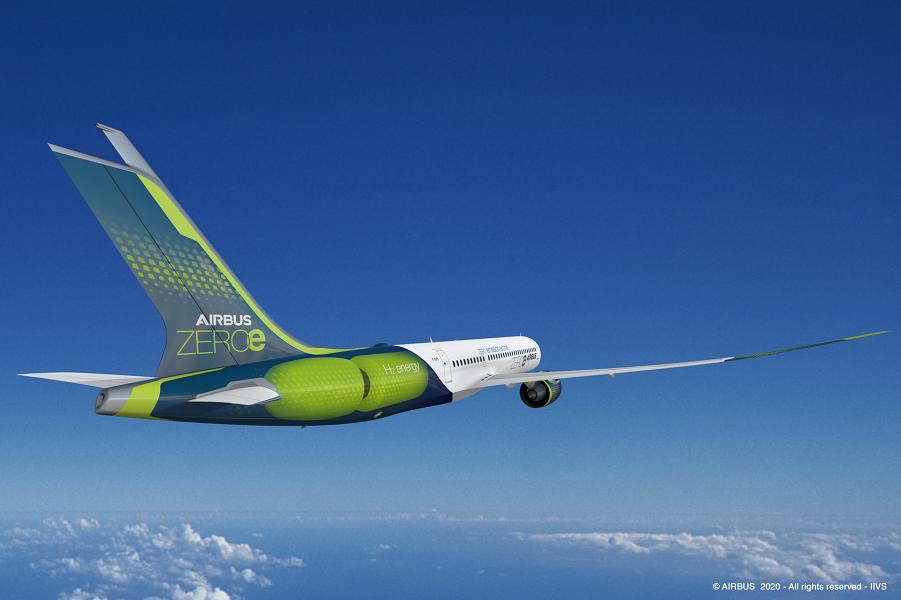
Back in September, Airbus presented three ‘ZEROe’ concept aircraft. This followed a project launch earlier in 2020. More projects, mainly around electric aircraft, had preceded the ZEROe programme. Some expected Boeing and Airbus to embark on a hydrogen stand-off. But it wasn’t to be. Boeing expressed its hydrogen reservations back in September, in a couple of different ways.
Firstly, Boeing pointed out that both hydrogen and electric technologies would struggle to work for long-haul. Substantial development on both technologies should come by 2030-2035, but Boeing doesn’t see it leading to a 737-sized aircraft. So, Boeing is banking on augmenting current technology with sustainable fuels. This is technology that is already working today. The reason Boeing sets itself a 2030 deadline, is primarily regulatory.
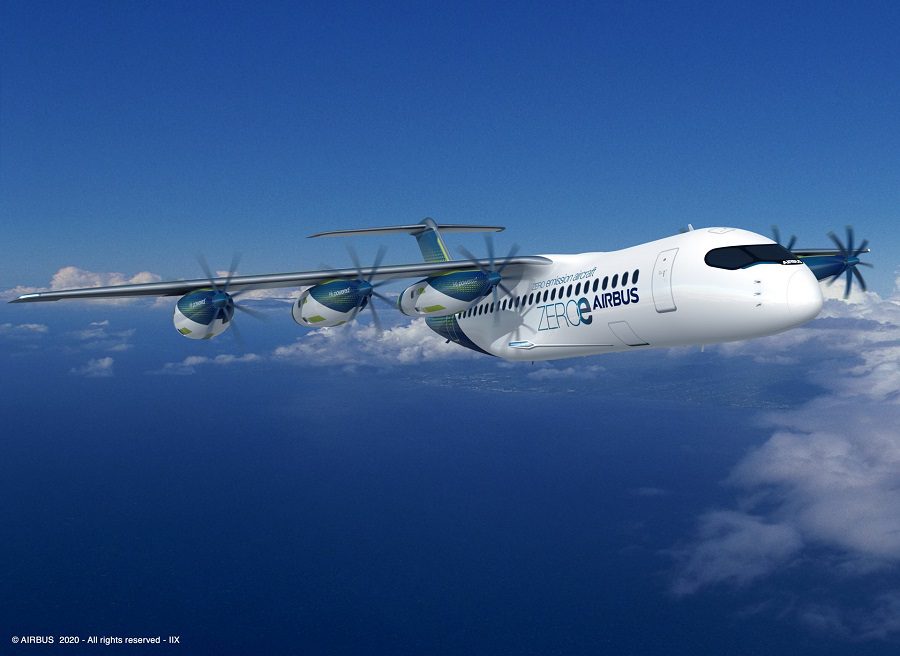
Boeing’s Hydrogen Reservations
And Boeing thinks that it will be regulations and infrastructure reasons, that will stump hydrogen and electric usage. Boeing Commercial Airplanes Vice President of Product Development Mike Sinnett explained, back in September:
“We have come to enjoy a significant level of safety that’s improved dramatically over the course of the last 70 years of the jet age. And we know a lot about how kerosene is burned and how it can be stored safely and how it can be transported and how engines use that fuel in all environments, from the arctic to the desert.
“As we transition to more sustainable fuels, we have to ensure that there’s no backpedaling in those levels of safety… I do believe we see promise in a transition to more hydrogen-based fuels over time. However, I would caution that it’s not something I believe is right around the corner.”
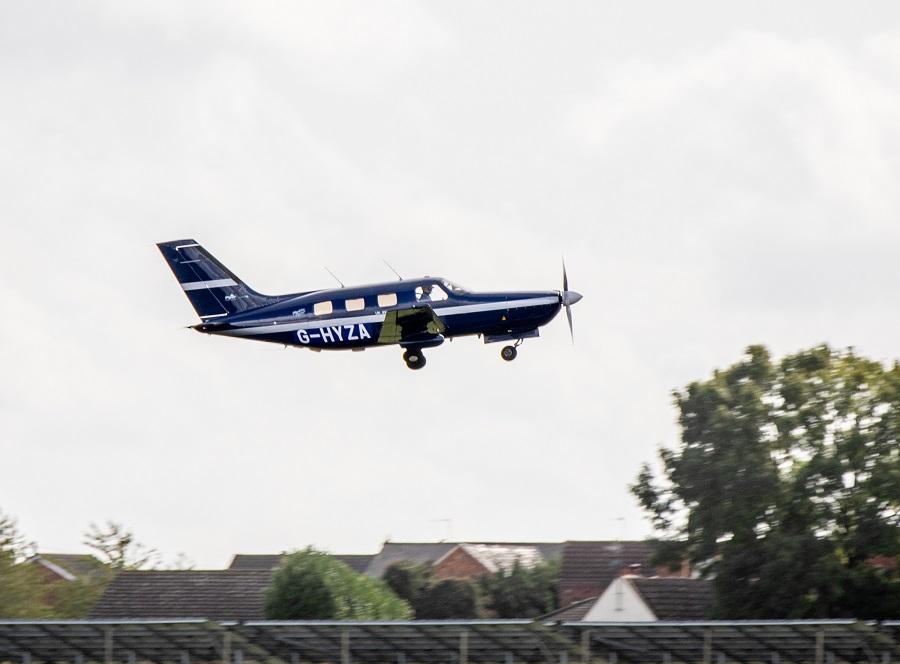
Sinnet was less critical about electric propulsion. But he reiterated Boeing’s view, that like hydrogen, batteries need to work in a variety of temperature/weather environments. And their makers need to prove to authorities around the world, that this is the case. Sinnett pointed out that this regulatory friction may end up being a bigger hurdle than technical limitations.
However, Boeing didn’t always have this attitude. In 2008, Boeing announced a series of successful test flights, using a hybrid electric-hydrogen system. The aircraft was a modified Diamond HK36 Dimona, a motorglider design that preceded the DA20. It performed a series of flights, both on electric and on hydrogen cell power.
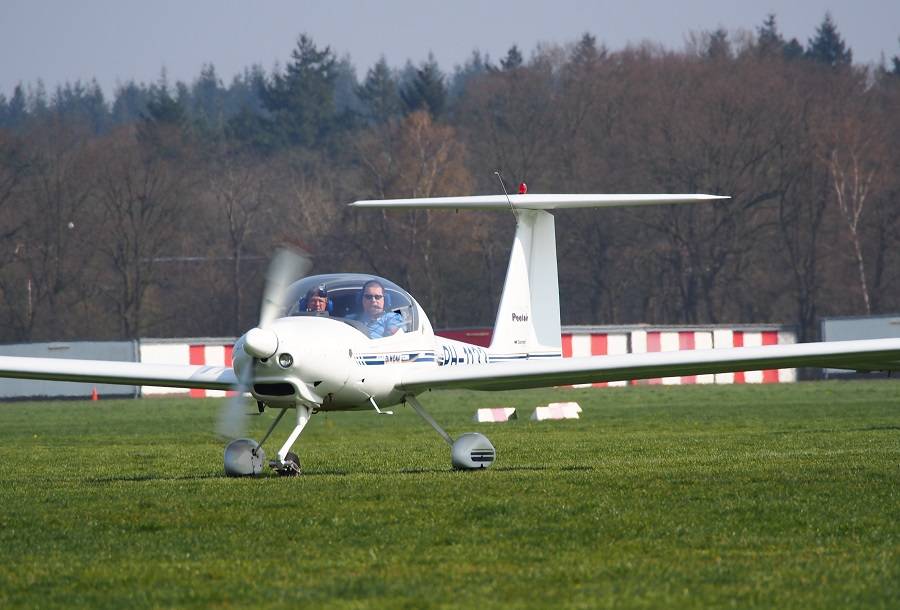
Boeing’s Other Hydrogen-Related (?) Concept
In addition to hydrogen, Boeing also looked into cryogenically frozen, liquefied natural gas (LNG). This related to something we have already seen: their TTBW project. This aircraft achieves great efficiency and adequately high Mach speeds, by using a very thin wing. But this wing can’t store fuel in it, requiring alternative fuels to work. For LPG, Boeing would use many technologies that would also be relevant to hydrogen, but not in fuel cell form.
And it seems that the experience of these programmes is what forms Boeing’s attitude towards hydrogen today. Asked about the matter in an interview, Boeing CEO David Calhoun said:
“I have a fair amount of experience with hydrogen, our company has an incredible amount of experience with hydrogen. At least in the size of airframe that we are all talking about. We experiment at the low end, but that’s not going to be a meaningful market here.
“And the advent of sustainable fuel already, already we’re capable of living with that sustainable fuel. I believe that’s going to be the 15-year answer to 2050 guidelines and approaches because we have all worked with it, experimented with it, we know it works, and now we have to develop a supply line for it. But I believe it’s the only answer between now and 2050.”
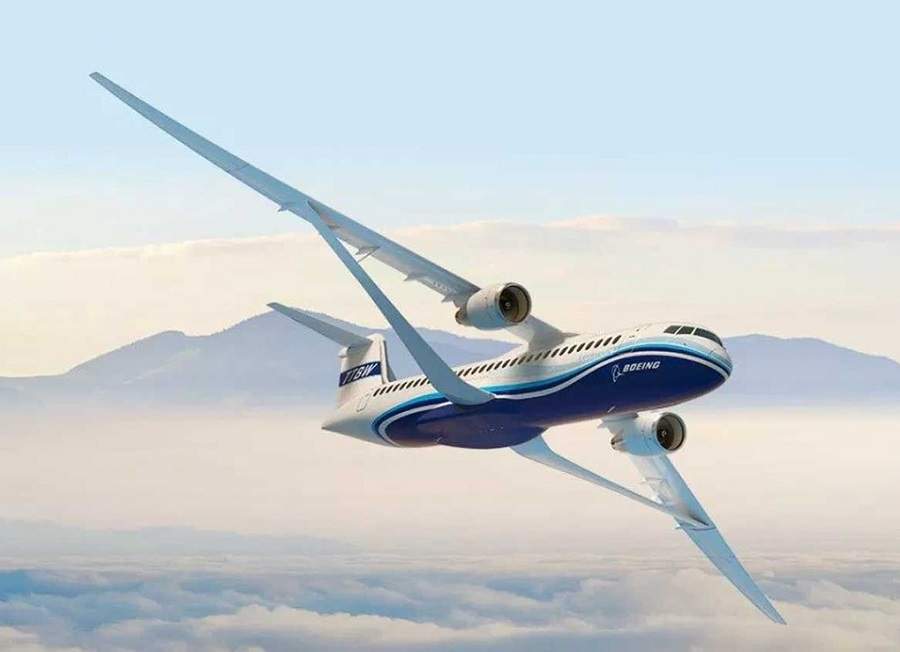
Are Sustainable Fuels The Answer?
It’s clear that Boeing expects to reach its emissions goal using 100% sustainable fuels. Some may question whether or not Boeing’s hydrogen experiments with a motorglider are substantial enough. However, Boeing do have more experience with Sustainable Aviation Fuels (SAF).
In 2018 Boeing celebrated the 10th anniversary of the first biofuel flight. Frankly, it wasn’t very impressive: a 747 flew from London to Amsterdam (!) with 20% biofuel for only one of its four engines. But since 2011, the use of sustainable biofuels has risen dramatically. The fuel is regularly available at several airports around the world. Flights with 113,000 passengers used such fuel, by 2018.
Put together, all of the above explain Boeing’s skepticism towards hydrogen. The key, regarding sustainable biofuels, is whether or not their supply chain can really scale up enough in the future. This would require substantial changes in infrastructure. But it would not necessitate big changes in aircraft, and their certification.
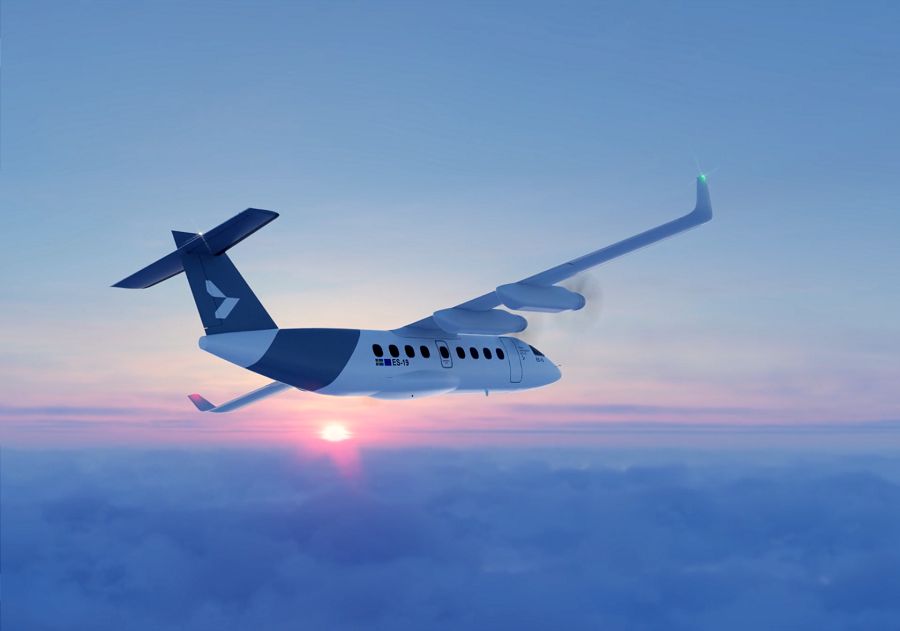
However, critics may point out that the need to scale up biofuels would lessen, if the lower end of aviation used alternative power. Less sustainable fuel would be necessary, if 20-50-seat airliners were electric. Without development for electric and hydrogen designs from the likes of Boeing, these aircraft would also need precious sustainable fuels.
The good news here is that the two approaches (SAF and hydrogen/electric) are not mutually-exclusive. It seems Boeing is set to concentrate on SAF, while Airbus works on hydrogen and electric. They now use the same engines, of course. So any work Boeing does on SAF will also benefit Airbus, and some other, very cool projects. Whether or not the same applies in the opposite direction, remains to be seen..!




2 comments
Andre T
The Boeing’s position reflects the comments that I left on the Airbus ZeroE article. Again with my engineering experience in both working on rocket hydrogen vent system and working on commercial turbojet engines, I don’t see hydrogen being safe or practical for high cycle commercial aircraft, at least not for cryogenic hydrogen. The article states “But it would not necessitate big changes in aircraft, and their certification.” Don’t know the background of experience of this statement. For cryogenic hydrogen, there would be need for changes in aircraft and certification would likely need to address safety issues with hydrogen.
Pressurized hydrogen is probably possible and with electric propulsion but range will be factor. May work for regional commercial aircraft and general aviation aircraft. This is the same for electric. But there probably still Certification/regulation rules that need to be done.
For electric propulsion, certification for all weather conditions would be a challenge for batteries having to need to be able to get down to -40C. There may be FAR requirements that came out following B787 batteries issue but how about for powering aircraft to address possible battery fires and a how about regulation on fail safe conditions. What are the testing requirements for certification? Would there be a ETOPs equivalent for propulsion batteries? Current ETOPs is based on turbine engine reliability. What is it for batteries? May be need for regulation for reserve power in flight planning requirements.
I will be less skeptic of hydrogen if there is a comprehensive crash testing by government aviation agency such as NASA. I believe sustainable hydrocarbon fuels with win out. They just would require less aircraft and logistical changes and ultimately be more economical.
Spyros
The statement “But it would not necessitate big changes in aircraft, and their certification.” obviously refers to biofuels, not hydrogen.